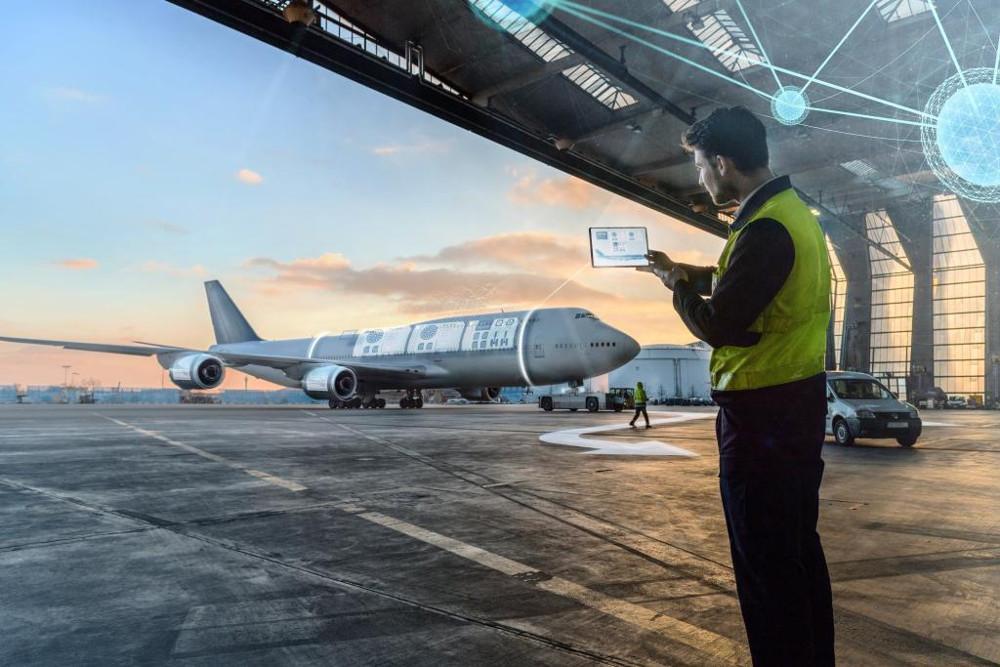
Given the huge financial stresses of the COVID-19 crisis, one might expect environmental concerns to drop well down the agenda for aftermarket companies.
However, this does not appear to be the case, in part because of the robustness of systems already in place, but also because of some unexpected positive consequences of the pandemic.
“We have noticed increased attention for climate topics and interest in the health and safety of our employees throughout this pandemic,” Hans-Stefan Niebler, environmental and sustainability officer for MTU Maintenance Hannover, tells Inside MRO.
“This is in part due to increased awareness for the need for eco-efficient technology, but also to the shift in working models to include more home office, which through virtual conferencing reduces emissions.”
A replacement of physical events such as meetings and conferences with online equivalents is destined to shrink the carbon footprint of many businesses, but MRO providers can go a step further by providing their customers with remote monitoring solutions for the work that is being done in their shops.
For example, in March 2020 Lufthansa Technik began to trial its "Virtual Table Inspection" via its AVIATAR platform. This allows airline customers to participate in detailed inspections of engine modules through a 5G video link rather than be present on site. This is something that has only become possible with advent of 5G as the transmission quality of standard Wi-Fi is often insufficient to transmit the razor-sharp images that customers need if they are to spot tiny scratches and defects.
If such technologies prove themselves, they now have the ideal springboard to embed themselves in MRO working practices for the long term, especially if predictions about coronavirus engendering great environmental awareness among the public bear out.
“We expect that measures to address climate change and improve resource efficiency as well as chemical safety will continue to be demanded by customers and the public, both during and especially after the Corona-crisis is resolved,” says Ralf Wunderlich, head of environmental management at Lufthansa Technik.





